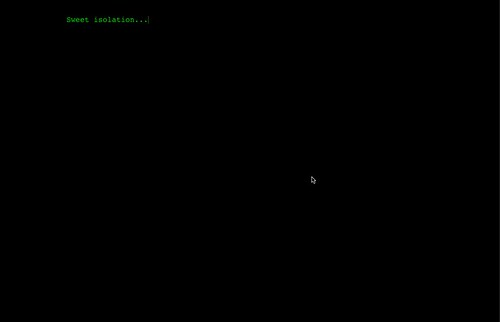 So Jonas, what is this “power of weakness” thing you keep going on about? you, the implied reader, ask.
So Jonas, what is this “power of weakness” thing you keep going on about? you, the implied reader, ask.
And I want to thank you for taking the time, because that is a truly relevant inquiry.
The whole thing revolves around something which I find fascinating: That, in many diverse situations, we go out of our way to inhibit ourselves. We set up our environment in ways which limit us from making certain choices in the future. And we do so intentionally in order to gain an advantage.
The phenomenon is curious, since intuitively more options is better. In practice this is often not the case and examples are easy to come by: The dieter cleans out the fridge to eliminate temptations, the would-be cigarette quitter makes sure that the house is cigarette free, the writer shuts down his internet browser to avoid the temptation of checking online newspapers.
In these examples, a person fears that his future self will not share his current preferences. The current you prefers not having a chocolate bar to having one, but you fear that the person you will be in an hour will feel differently. In a sense, you’re engaged in a conflict with your future self.
Notably, this is different from merely fearing that your future self will not remember that which you presently have in mind. You’re acutely aware that you’re out of milk, but you fear that your future self (faced with the distractions of a thousand special supermarket offers) will (once again) forget to buy a certain dairy product. So you influence the cognitive focus of your future self by that powerful technique: The shopping list. This is not an example of the power of weakness, since your future self is not restrained, merely reminded of what he actually wants to do.
The power of weakness is not, however, limited to your battles with your fickle future self. Yes, I’m referring to the mass of mobile shapes commonly referred to as “other people”. At times, you want to limit your future options in order to elicit a particular response from someone else. This is something I’ll come back to ad nauseam, but a banal example is the commonly used strategy used whenever two people engage in that little left-or-right dance in which they need to move past each other without collision: To visibly commit to one side and avert one’s eyes (thus limiting one’s options as of this very moment). The message is this: We have no obvious way of solving this coordination problem and it doesn’t actually matter (i.e. no-one wins and loses) who does what, so I’ll simply choose left now thank you very much.
So, the power of weakness is: The phenomenon that, in certain situations, limiting one’s future options bestows a personal advantage.
Stay tuned for burning ships, suicidal drivers, kidnappers, speech acts, and bee wax.

